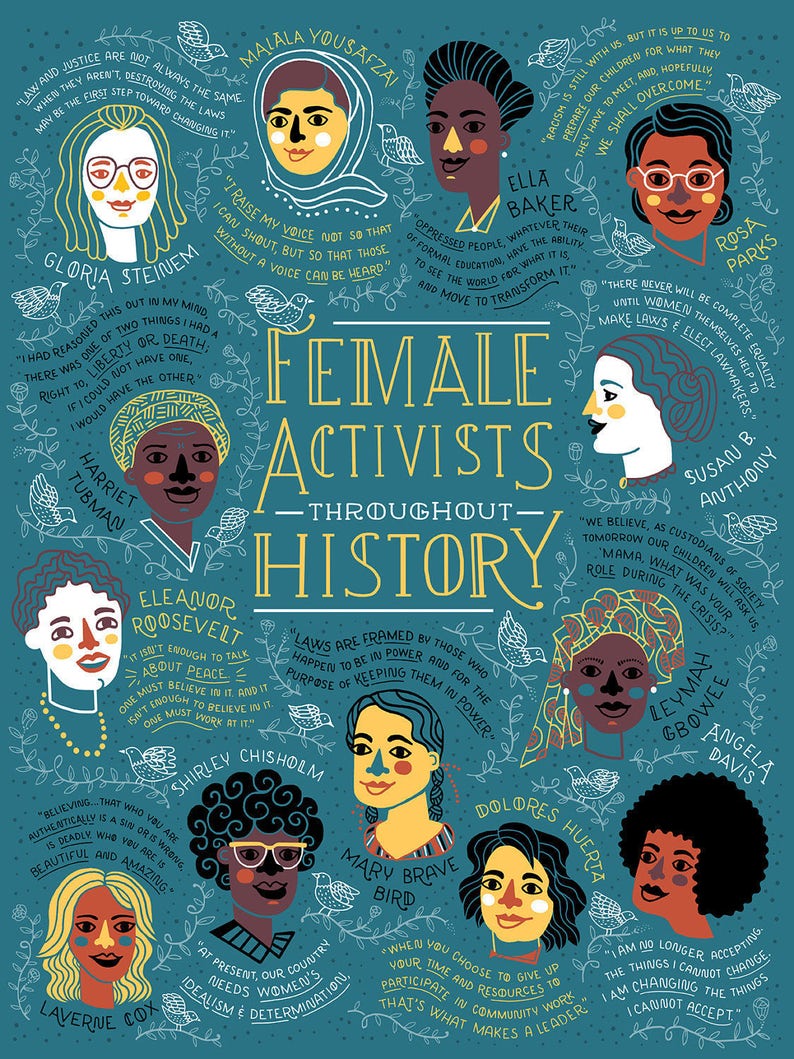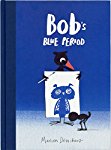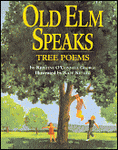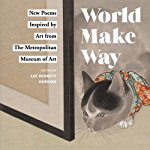I don't know how many of you have had people tell you that you cannot not do something because of who you are. That, because you are what you are, something that you really want to do is out of your reach.
Like so many girls and women, I have experienced this kind of thing many times in my life. I was told that I could not play the saxophone in the school orchestra because girls don't play saxes. I was told that young women don't travel to India on their own because it simply isn't done. I was told that, because I was female, I could not ride a motorcycle. Some of these battles I won; I did go in India and I did ride a motorcycle. Some of them I lost; I never got to play the sax.
This month is Women's History Month in the U.S, and in honor of this event I have chosen to focus on
Strong Girls, Strong Women in the
new issue of TTLG, which I published this morning. Every week this month I will be posting at least one review of a book that celebrates girls and women who have chosen to pursue their dreams, even when people have tried to prevent them from doing so. They have turned away from the people who have said NO! They have held their heads high and kept on trying in spite of the barriers that have been placed in front of them.
On this first day of March I bring you a wonderful picture book that is empowering and thought-provoking. Many of us have a little voice inside us that tells us that we can't do this, or that we can't do that. For many girls this voice is reinforced by the loud voices of people in society who say the same thing. In this book a little girl fights against her little voice, choosing to say "I can" when it says "You cannot."
Diane Dillon
Picture Book
For ages 5 to 7
Scholastic, 2018, 978-1-338-16690-3
One day Zoe stretches her arms out wide and she thinks
that she can be “anything I want to be.” She can even be a bird that flies “way
up high.” Then that little negative voice of doubt pipes up and asks, “What if
you fall?”
Zoe does not let
the annoying little voice take way her dreams. She responds by saying that she
won’t fall because she will have wings, and if her wings get tired she will travel
to a planet far away in a rocket ship. There she will have tea with the aliens
that she meets on the planet before she heads for home. The little voice speaks
up again and asks Zoe what “if you can’t get home?”
Zoe knows better
than to listen to the voice, the voice that wants to discourage her from doing
things that are adventurous and interesting. In fact, she ignores the voice
completely and announces that she could become an archeologist who travels
around the world seeking out dinosaur bones and buries treasure.
The voice tries
to tell Zoe that she is “too little” to embark on such travels, but she refuses
to accept this. “I’m bigger than you,” she tells the voice, and then goes on to
talk about how she might become a scientist who discovers things or an
inventor.
Again and again
the voice tries to crush Zoe’s dreams, and again and again the little girl
finds an answer that affirms that she is strong and “smart,” brave and
talented.
This wonderful
book shows children that they are not the only ones to have a voice of doubt
whispering in their ear. In fact, we all have a version of that voice that
tries to convince us that we can’t be anything we want to be. Children will
appreciate the many ways that Zoe responds to her voice, and how she never
loses hope in herself and her future. They will see that with knowledge,
learning, skills, and courage they too can “be anything” that they want to be.










